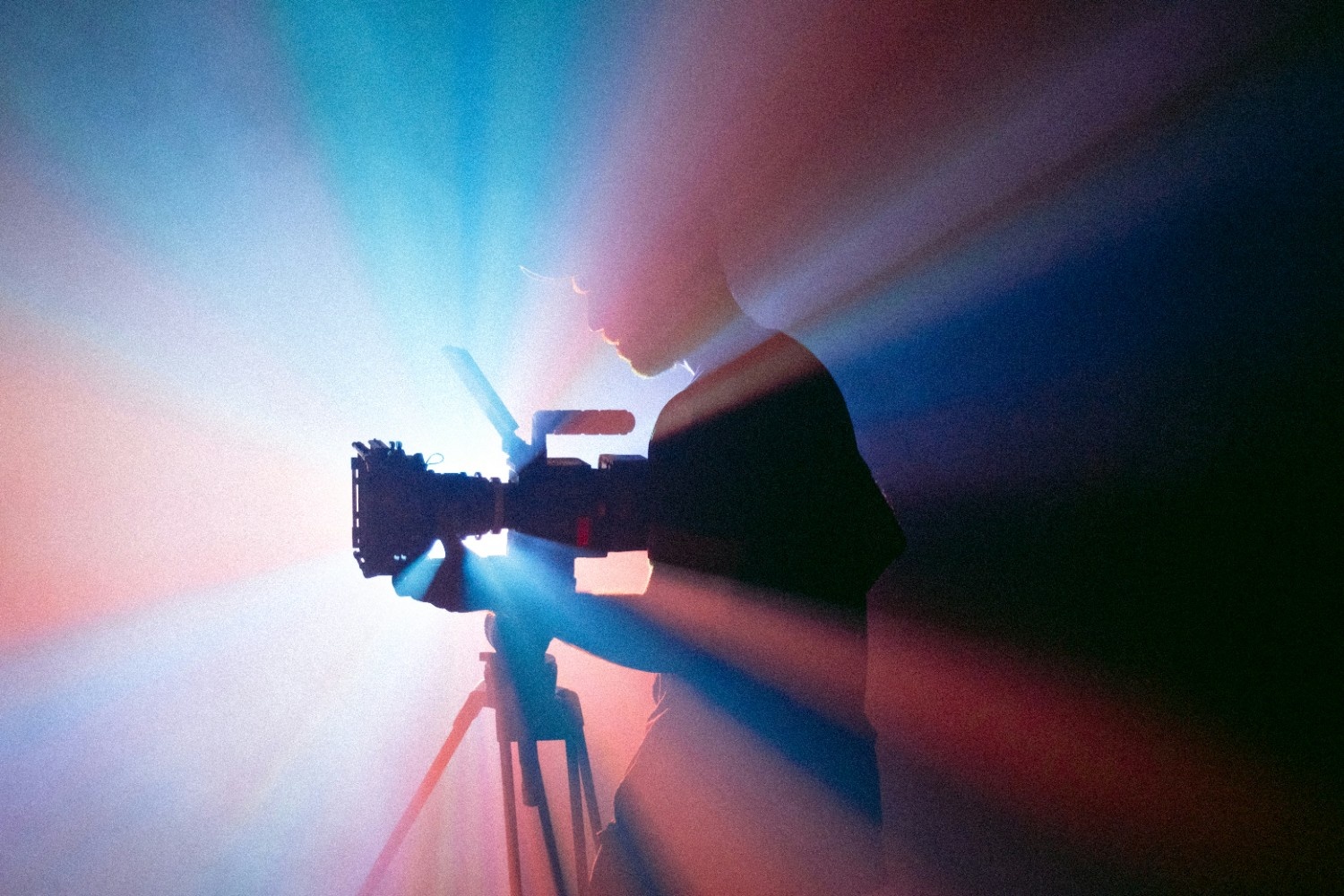Love The Materialists? These 7 Films Take Fashion Even Further
5 Min. ReadThe Materialists isn’t just a film, it’s a mood, a manifesto, and a mirror held up to a world driven by wealth and image. With its sharp satire and decadent visuals, the film is already generating attention. But beneath the gloss, it also revives a powerful question: when did fashion stop being about self-expression and start becoming a tool for exclusion?
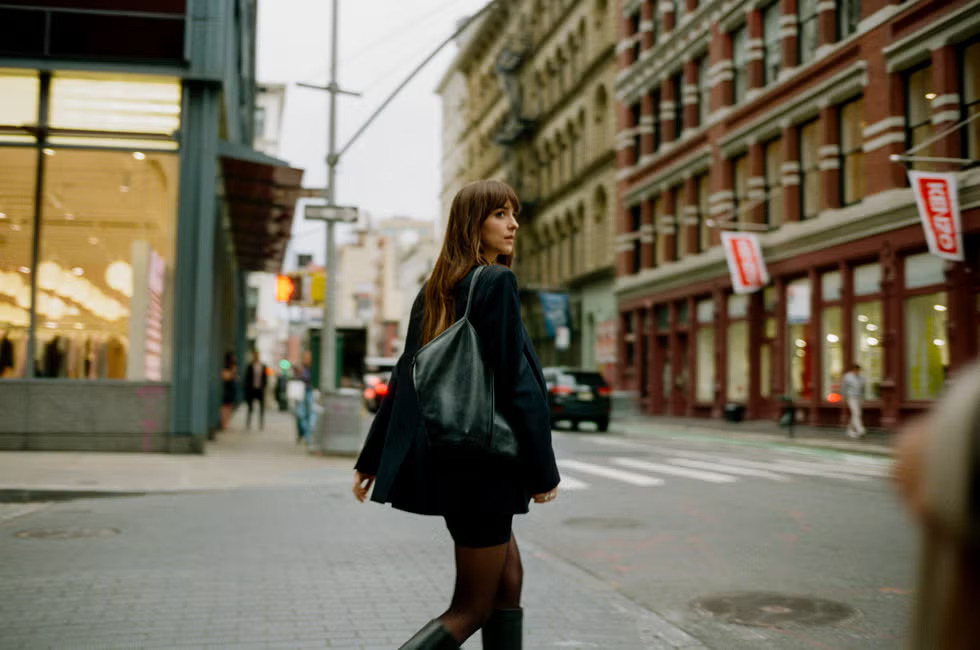
In The Materialists, desire is draped in the designer. The film isn’t simply about luxury labels, it’s about the lifestyle they represent and the systems they sustain. Love, ambition, even identity, are treated as commodities, bought and sold like limited-edition handbags. The film doesn’t critique luxury outright; it asks what it costs, socially, emotionally, and morally.
Of course, The Materialists isn’t alone in using fashion as a lens to examine larger forces. Over the years, films across countries and genres have done the same, turning the language of style into a commentary on class, capitalism, and control. Here are seven films that, like The Materialist, understand that in a capitalist society, what you wear often speaks louder than what you say.
1. Phantom Thread (2017)
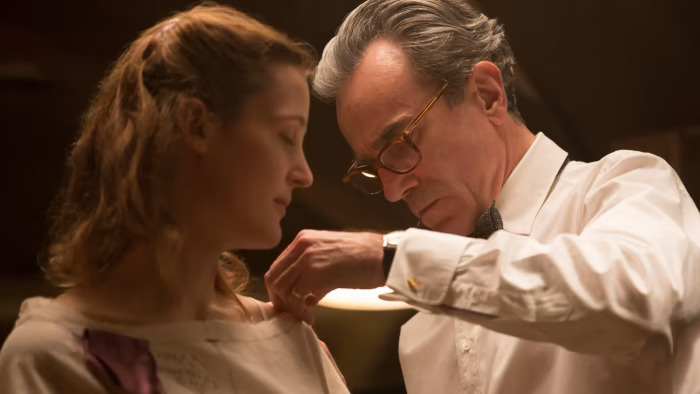
Paul Thomas Anderson’s quietly devastating drama plunges us into the world of Reynolds Woodcock, a couturier whose London atelier is as meticulous as it is emotionally suffocating. Here, garments are made with obsessive devotion, but they also suffocate and control. Alma, the muse-turned-match, tries to unpick the toxic power dynamics sewn into every seam. Phantom Thread is less about fashion as expression and more about fashion as domination, what happens when beauty becomes a prison, and perfection demands sacrifice.
2. Aisha (2010)
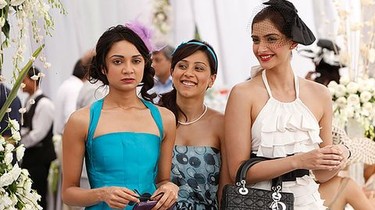
Based on Jane Austen’s Emma, Aisha is often remembered for its iconic wardrobe, Sonam Kapoor in Dior, Chanel, and Sabyasachi, gliding through posh Delhi. But beneath the gloss is a film acutely aware of the class divides it portrays. Aisha uses fashion as a sorting mechanism: who belongs, who doesn’t, who can be “transformed.” Makeovers become metaphors for social assimilation. It’s Austen’s class critique, wrapped in Anamika Khanna.
3. The Devil Wears Prada (2006)
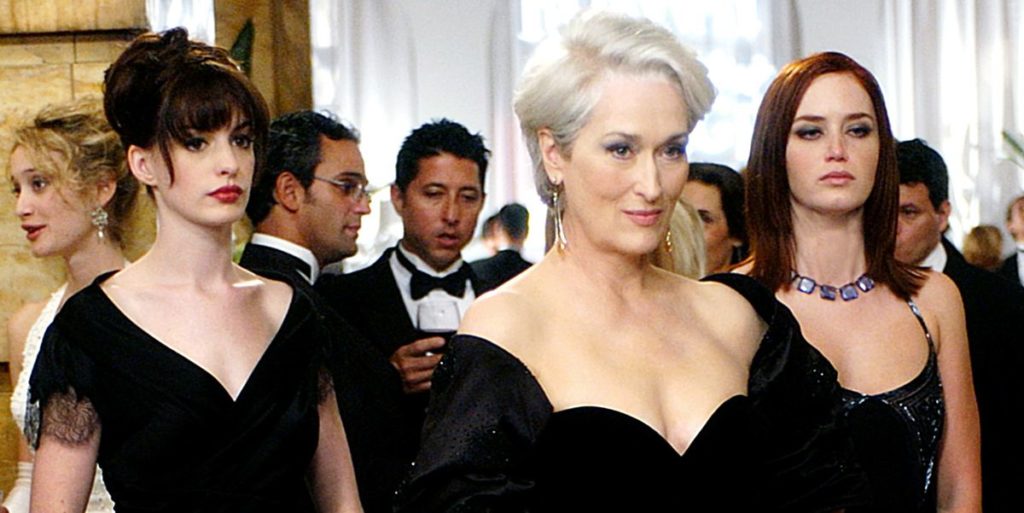
An old favourite that ages like a designer wine. What begins as a Cinderella story in a cutthroat fashion world quickly becomes a portrait of a young woman’s moral erosion. Miranda Priestly isn’t just a terrifying editor; she’s the embodiment of capitalist ambition, whose approval must be earned at the cost of one’s soul. Andy’s transformation is seductive, but also terrifying: a warning of what happens when we mistake power for purpose, and aesthetics for ethics.
4. Dil Dhadakne Do (2015)
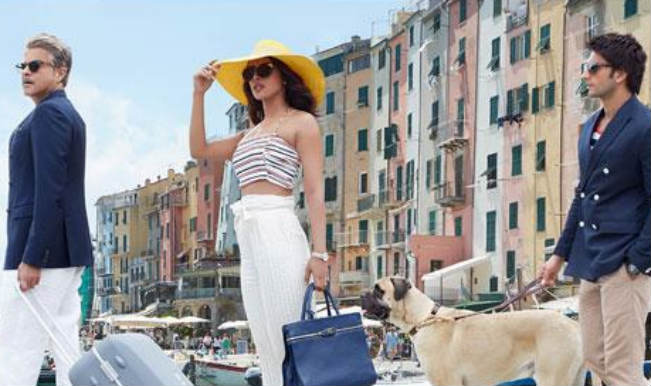
Zoya Akhtar’s multigenerational dramedy sails through luxury, but never lets us forget the rot beneath the gloss. The Mehras, affluent and well-dressed, are trapped in gilded cages, upholding reputations, arranged alliances, and outdated values, all while vacationing in Versace. The cruise becomes a metaphor for a class system drifting toward disaster. Fashion isn’t just a choice here, it’s an armour, a mask, and sometimes, a weapon.
5. La Grande Bellezza (The Great Beauty) (2013)

Paolo Sorrentino’s lush visual feast follows an ageing writer through Rome’s elite social scene. It’s a film drenched in glamour and decay, where style exists in a vacuum, disconnected from substance. The film captures a world where the rich lounge in haute couture but feel hollow inside. Fashion becomes part of the spectacle, performative, detached, and ultimately meaningless. A sharp, poetic meditation on beauty losing its soul.
6. Clueless (1995)
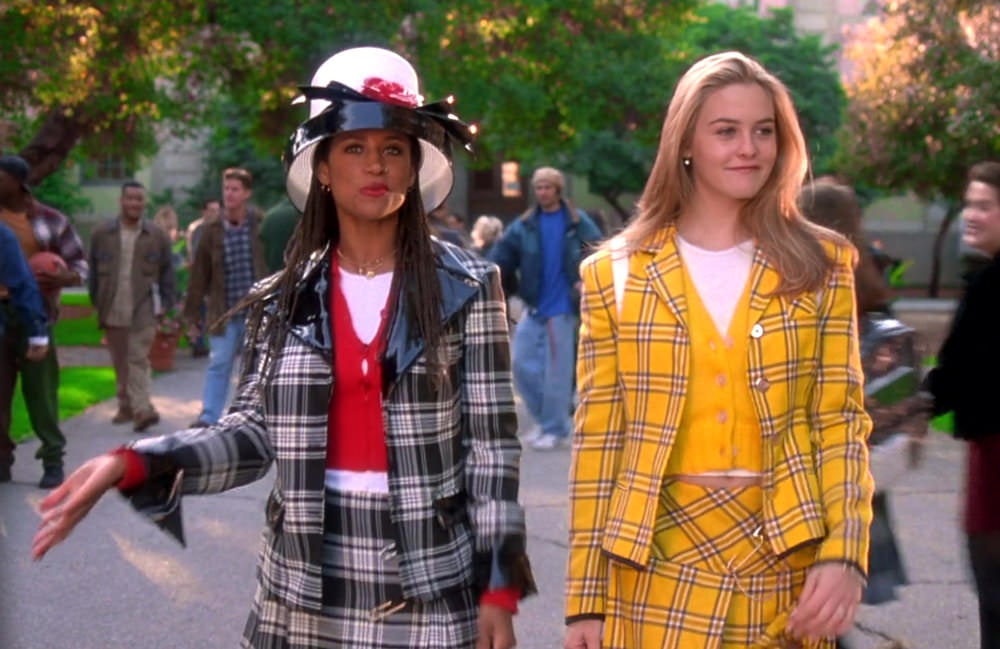
Cher Horowitz is fashion-forward, charming, and wildly privileged. But Amy Heckerling’s smart teen comedy slowly peels back the layers, showing how Cher’s well-meaning but misguided efforts at “helping” others reflect a deeper ignorance of her own privilege. As Cher’s wardrobe evolves, so does her awareness. In Clueless, fashion is both armour and awakening, a language of belonging that eventually gives way to empathy. Pastel power with brains.
7. McQueen (2018)
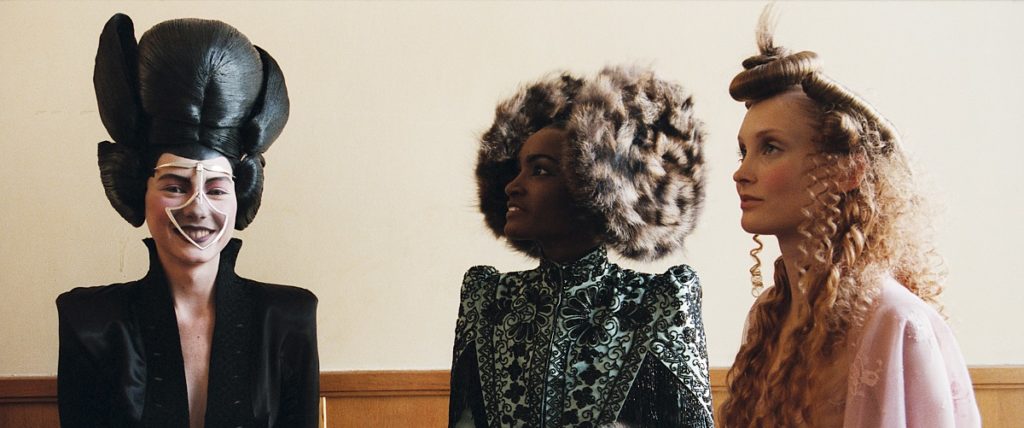
This visceral documentary chronicles the rise (and fall) of Alexander McQueen, a working-class genius who redefined high fashion. McQueen’s collections were raw, aggressive, and political, challenging the industry from within. He brought trauma, class rage, and rebellion onto the runway, using garments to scream against the very systems that excluded him. If The Materialists shows the seduction of fashion’s elite, McQueen reveals the cost of breaking into it.
Final Thread:
In every one of these films, fashion does more than clothe the body; it reveals the soul of a system. Couture becomes commentary. Luxury becomes language. And beauty becomes a battleground.
The Materialists joins a legacy of cinema that understands: style without substance is just a distraction. But when fashion is used to probe identity, power, and politics, it becomes something far more potent, a statement. So the next time a film dazzles you with its wardrobe, ask yourself: what’s it trying to say beneath the sequins?
Because behind every runway-ready moment is a deeper story waiting to be unzipped.

